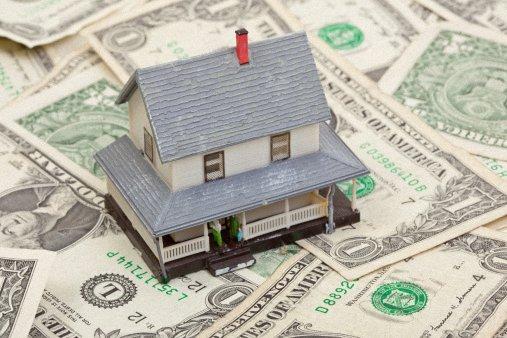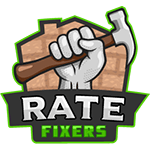
Frequently Asked Questions About Refinancing
A mortgage refinance is the process whereby a new loan pays off the existing home loan, often replacing it with new terms that benefit the homeowner. Though it can seem a daunting process, knowing key facts about refinancing options can add clarity to the practice and procedure of securing a refinanced home loan.
When Could it Make Sense to Refinance?
Most homeowners consider refinancing when some portion of their existing home loan is displeasing. For instance, monthly payments may be unmanageably high, the interest rate may be higher than what’s currently available on the market, or a fixed-rate mortgage may be preferable to an existing, volatile adjustable rate mortgage (ARM).
Should I Stay With My Current Mortgage Lender?
It’s certainly possible that your current lender will offer the best refinance rate on the market, but it’s a good idea to shop around before committing. Check with local banks, credit unions and even online mortgage brokers to find the best deal. Many offer special incentives that go above and beyond industry standard.
Are there Fees Involved?
In short? Yes. As with your original home loan, lenders will often charge an application fee, a loan origination fee, an appraisal fee, an inspection fee, attorney and closing fees, and a title search fee. Make sure to ask questions about any other “hidden” fees that may be involved with a refinanced loan, too.
What’s a Cash-Out Refinance?
This option applies if you have a fair amount of equity in your home and you’d like to take advantage of it to complete home improvements or other projects. In this case, you may choose to refinance for more than you owe, using the amount left after pay-off in any way you choose.
Ultimately, the decision to refinance depends on a variety of ever-changing factors. Evaluate your personal circumstances, take advantage of online refinancing calculators, and take your time before deciding.
Image via Flickr/financeblue
